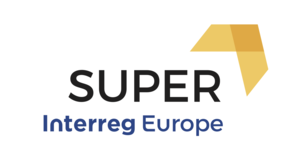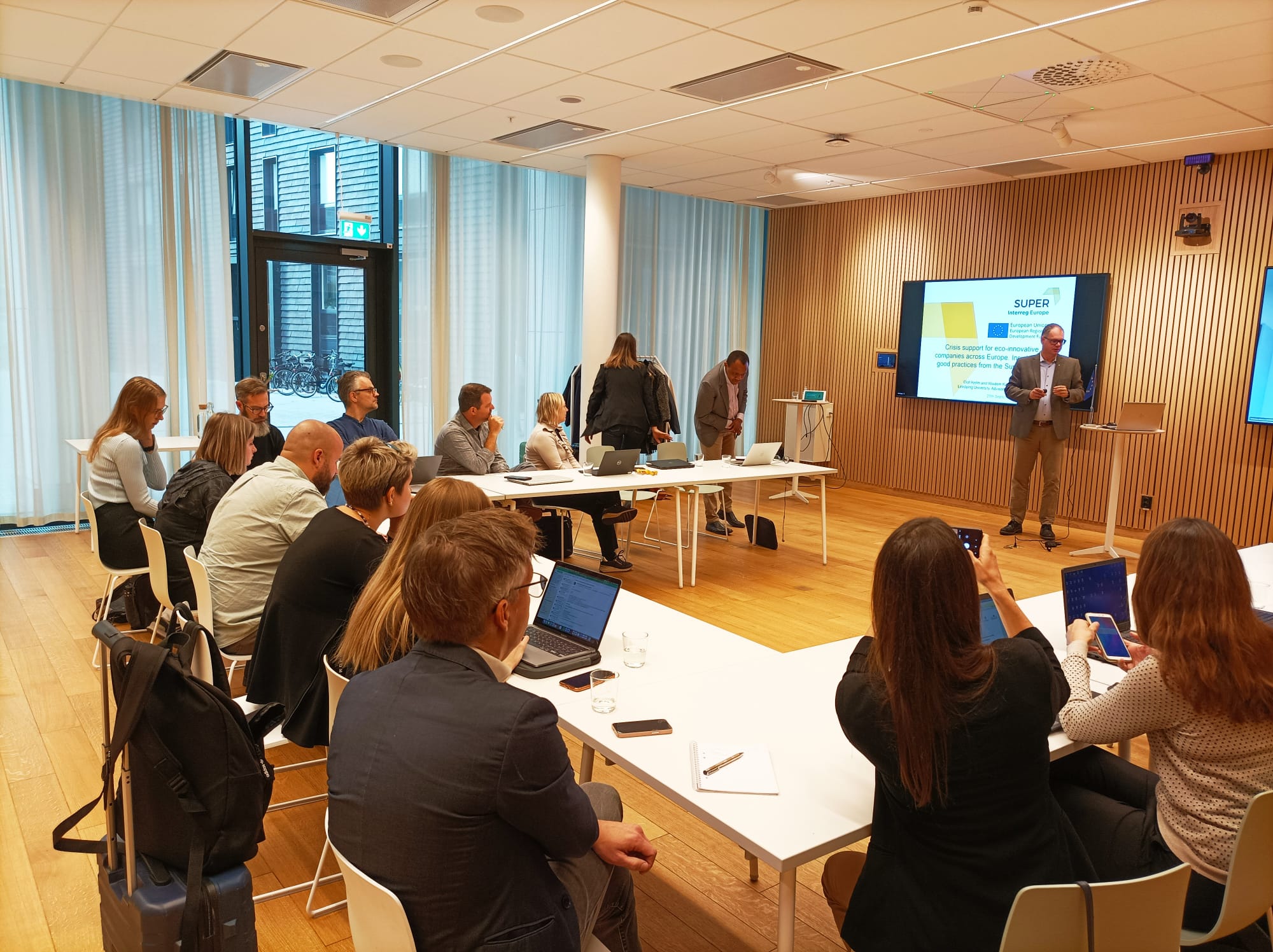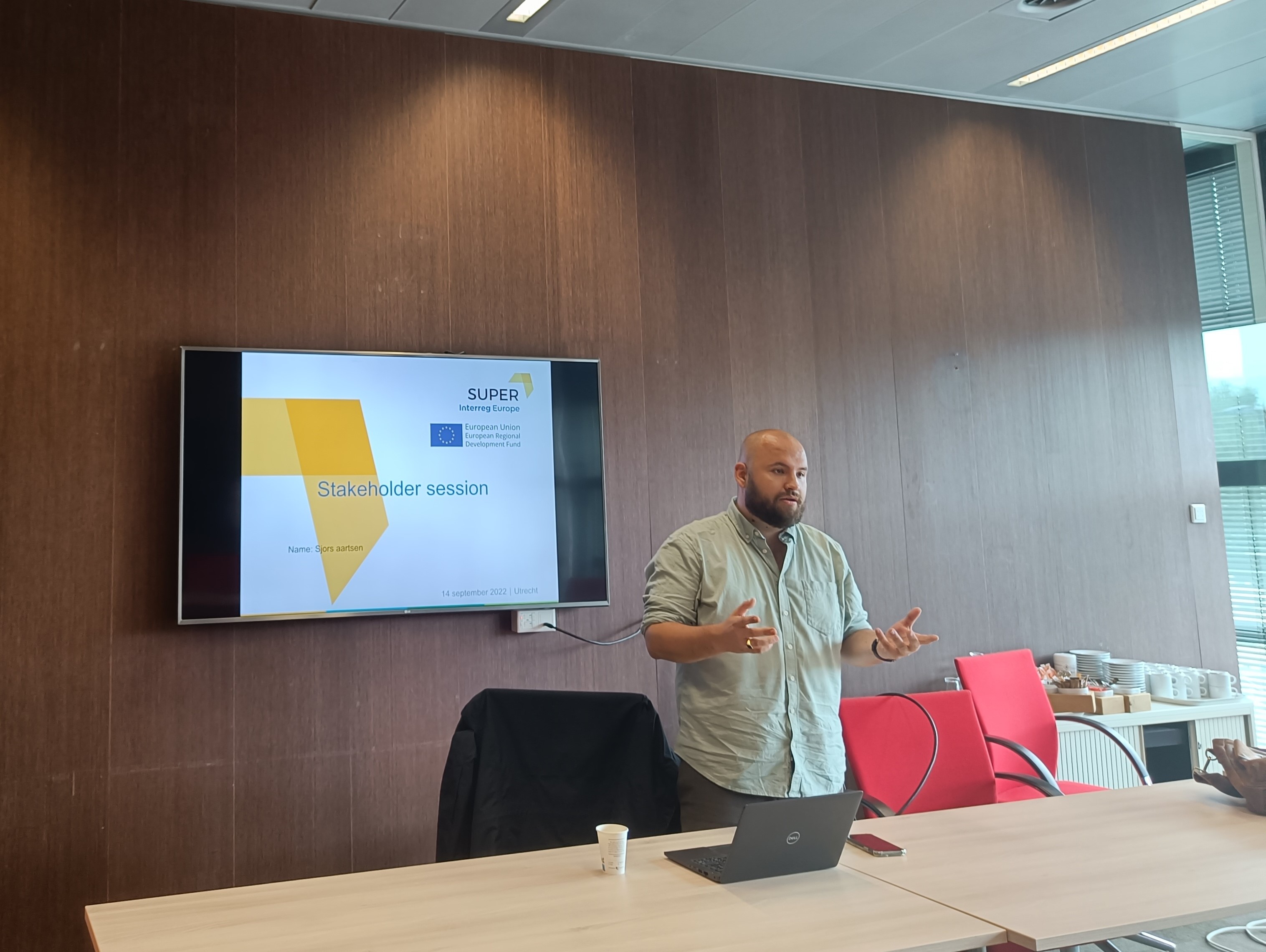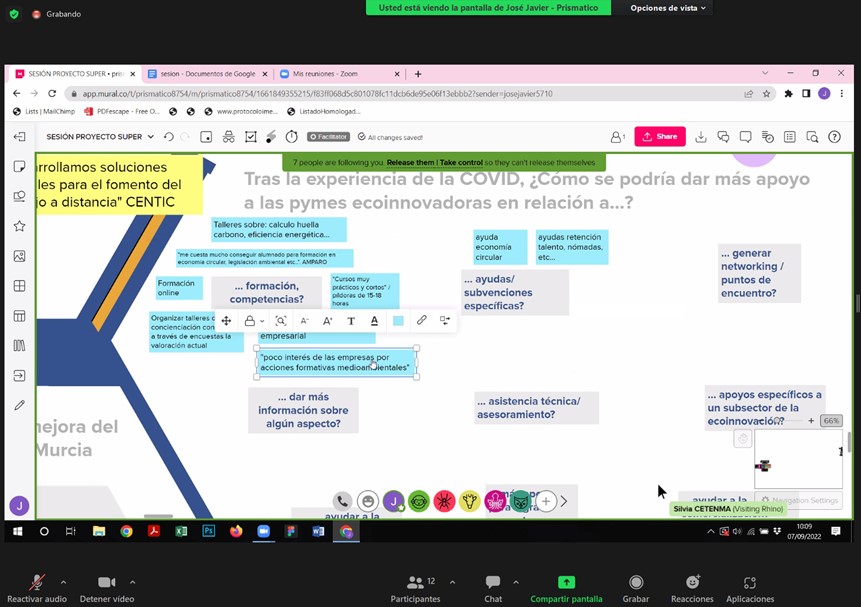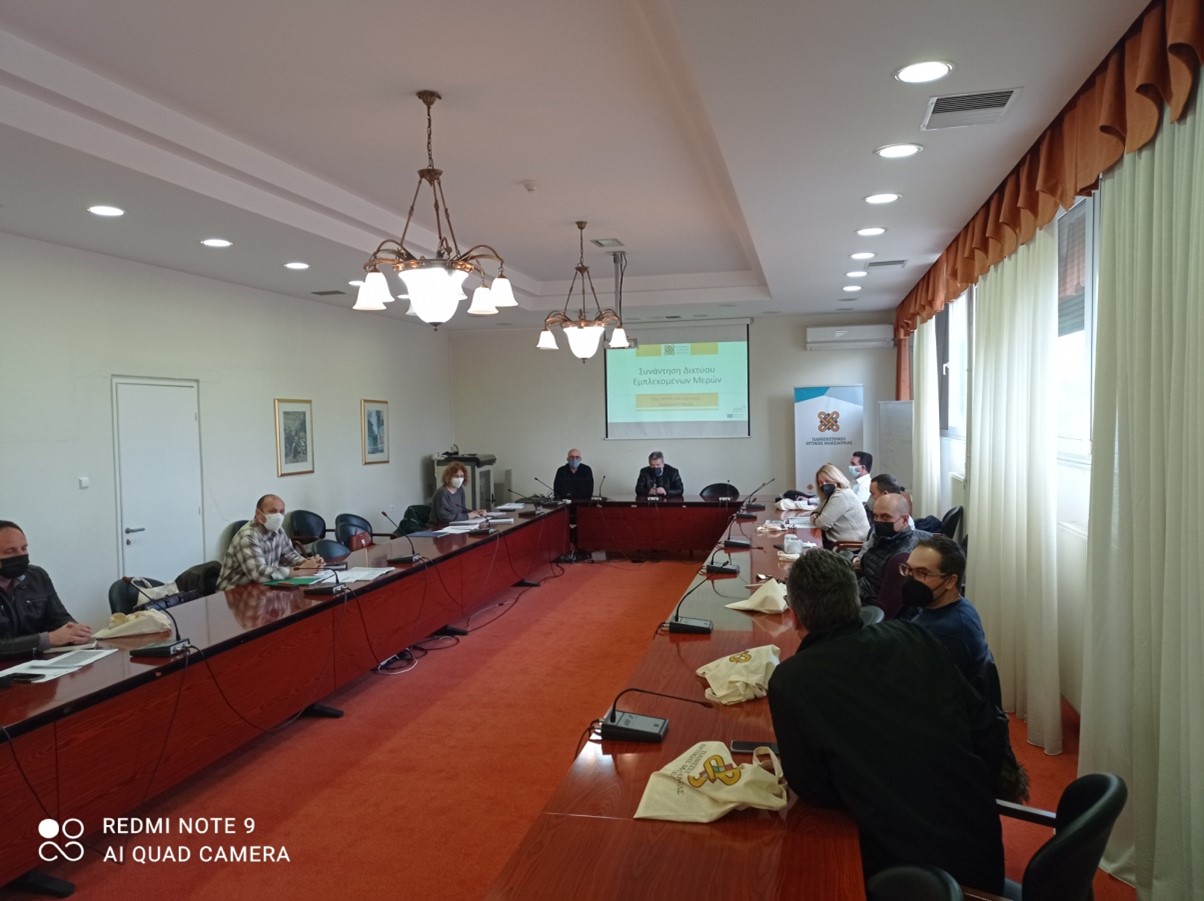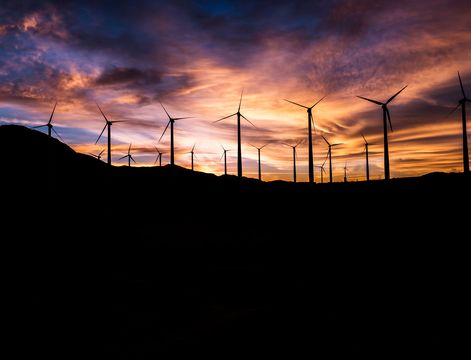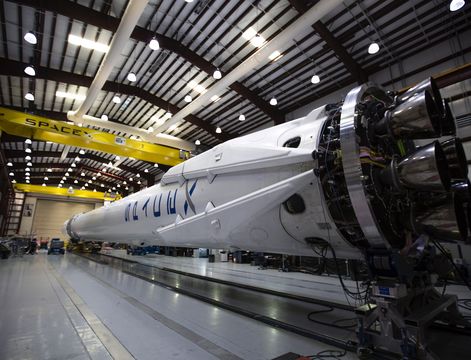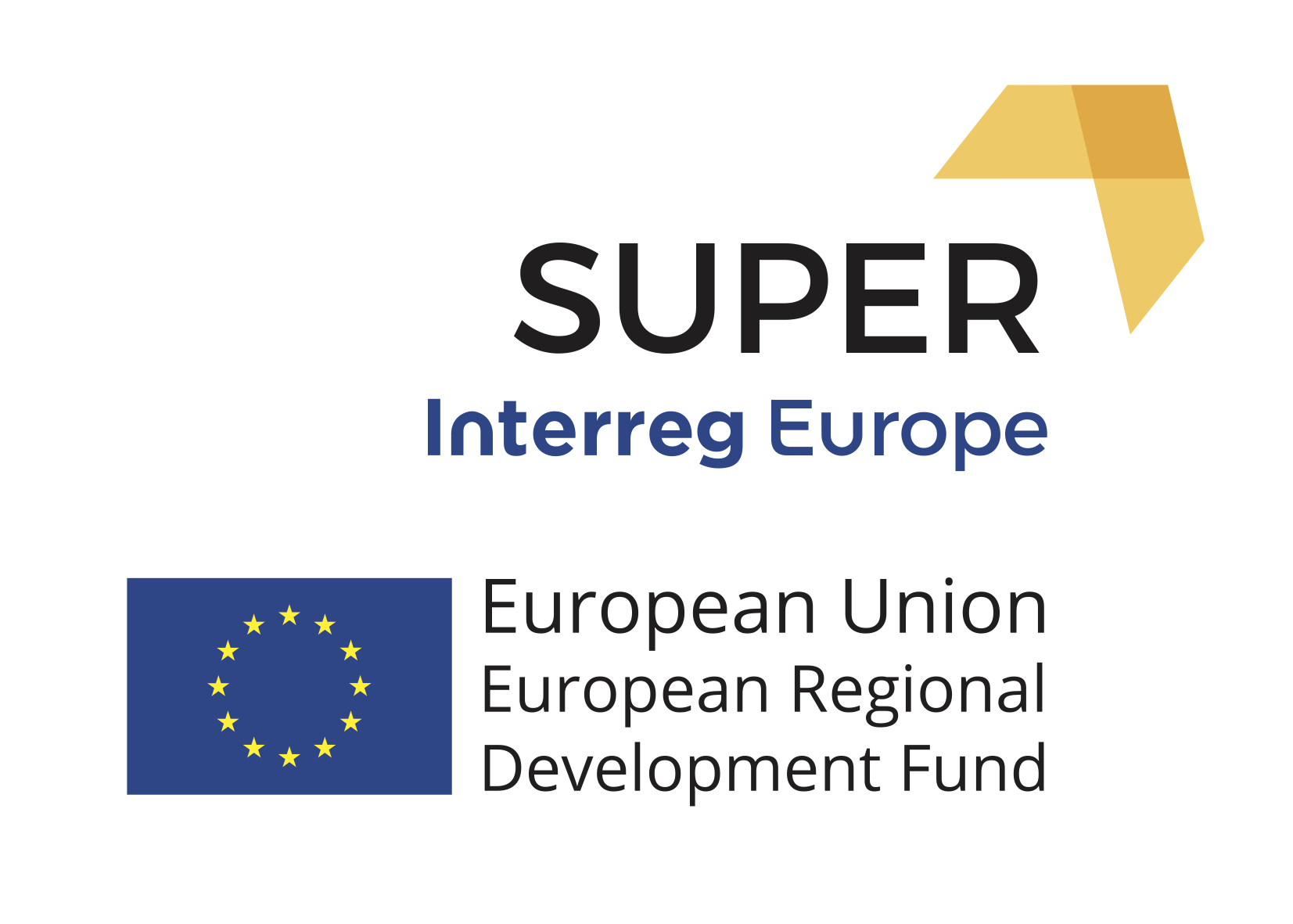As we reach the end of the project, we have asked the project partners to summarise their main learnings and results from the project and how they have benefited from being part of an Interreg Europe project.
• What are the main learnings and results from the project for you and your region?
Two main lessons were learned by the SUPER project:
(a) The Policy Instrument should provide grands both for the acquisition of new equipment and also for supporting employees’ skills with eco-innovation technological knowledge provided by research Institutes or Universities.
(b) The Policy instrument should prepare new calls for the new projects to be funded following as simple procedure as possible, especially minimising the documents to be provided along with the on line application.
All these lessons were included in the SUPER action plan for the region of Western Macedonia. The University of Western Macedonia, together with the Managing Authority of the Regional OperationaL Programme of Western Macedonia in Greece, which is the Policy Instrument, have agreed to adopt the SUPER action plan and launch two calls (one in 2019 and one in 2020) to fund SMEs new projects that will be based on two types of combined Activities: Eco-Innovation readiness of SMEs and Research-to-research and research-to-business capacity building for joint schemes. The first call results were announced in July 2020. Almost 30 projects are funded with an amount of 6 MEuro, whereas the amount of private funding reached 50 %.
The second call wil focus on energy related SMEs, but is not announced yet.
• What benefits have Interreg Europe project brought to you and your region?
The two above lessons that are learned by the SUPER project seem to be fully adopted by all calls that are launced by the MA of the ROPWM in all forthcoming calls, therefore encouraging many SMEs to appy to the new calls.
Moreover, many SMEs in the region are aware of the concepts of eco-innovation and circular economy in general and seem to get persuaded and interested in investing in eco-innovation for their products.
Finally, the University of Western Macedonia is involved now in projects that are funded by SMEs and bigger companies mainly in the energy sector that involve issuing new products on energy saving and circular economy.
